Demo Day Recap: Eight Nonprofits Show How to Build with Purpose
The Tech:NYC Foundation just wrapped its third Decoded Futures cohort, where 19 nonprofits tackled real operational challenges using AI solutions.
Over seven weeks, and with support from volunteer technologists, this group built, refined, iterated, failed, and failed some more. That whole process of trying and failing, then failing better,, is what we mean at Decoded Futures when we talk about “success.”
Here’s a recap of what happened with eight of those orgs when they were provided with the time, tools, and support to start exploring AI.
Brooklyn Public Library’s Universal Translator
At Decoded Futures, we love our libraries, and Brooklyn Public Library (BPL) in particular is a treasure. Offering millions of volumes and thousands of classes to hundreds of thousands of residents, they pride themselves on accessibility. As David Giles, Chief Strategy Officer, said: “Everyone is welcome at the library.”
But getting help in your own language used to be tough. Before Decoded Futures, if someone needed a translator in Russian or Chinese or Creole or any other of the 200+ different languages you might hear across the borough, they’d have to call in, ask for an interpreter, and wait for one to be found. The process was its one barrier.
Through Decoded Futures, the BPL built a voice-activated AI-assistant that could speak to people in their preferred language and provide real-time information pulled from the library’s catalog, website, and events calendar. It’s a prototype — not perfect (yet) — and the team is still working on guardrails to prevent the assistant from “hallucinating,” but the feedback they’re collecting from people using the assistant in real time is already helping the library improve accuracy and usability.
“This is just the start,” David said.
Welcome to Chinatown’s Living Database
Welcome to Chinatown supports small businesses and aims to keep the neighborhood thriving for future generations. With a small staff and a large footprint, they needed a better way to track which storefronts were opening, closing, or changing, and a faster way to reach business owners with the right support.
Until recently, staff and volunteers were walking around with clipboards and then spending hours typing up their notes. A single outreach email could take 30 minutes to draft.
With support from Decoded Futures, they built two tools: The first, a volunteer canvassing app powered by Claude, collects and updates data on nearly 1,000 storefronts. A job that used to take 10 hours now takes two. The second is a custom GPT that generates outreach recommendations tailored to a business’s stage and needs, cutting email prep time from 30 minutes to five.
Together, these tools are “creating a living, interactive archive of Chinatown’s commercial footprint. It helps us see which businesses are emerging, which are disappearing, and how to meet people where they are.”
HeartShare’s Person-Centered GPT
HeartShare supports New Yorkers with intellectual and developmental disabilities, as well as children and families facing trauma and instability. “We don’t reduce people to a diagnosis or a checklist, but see them as a whole human being,” said Eunice Beck, Senior VP of Data Analytics and Quality.
The problem was that critical details about the people they support were buried across systems, making it hard for new staff to deliver personalized care.
Their solution was Person-Centered GPT, a chatbot embedded in Microsoft Teams that pulls information from an individual’s life plan. Staff can ask questions like “What’s the best way to communicate with Addy?” or “What does soft food mean in his care plan?” and get fast, traceable answers. “Person-centered care starts with person-centered knowledge,” Eunice said. “It’s a digital advocate for the individual.”
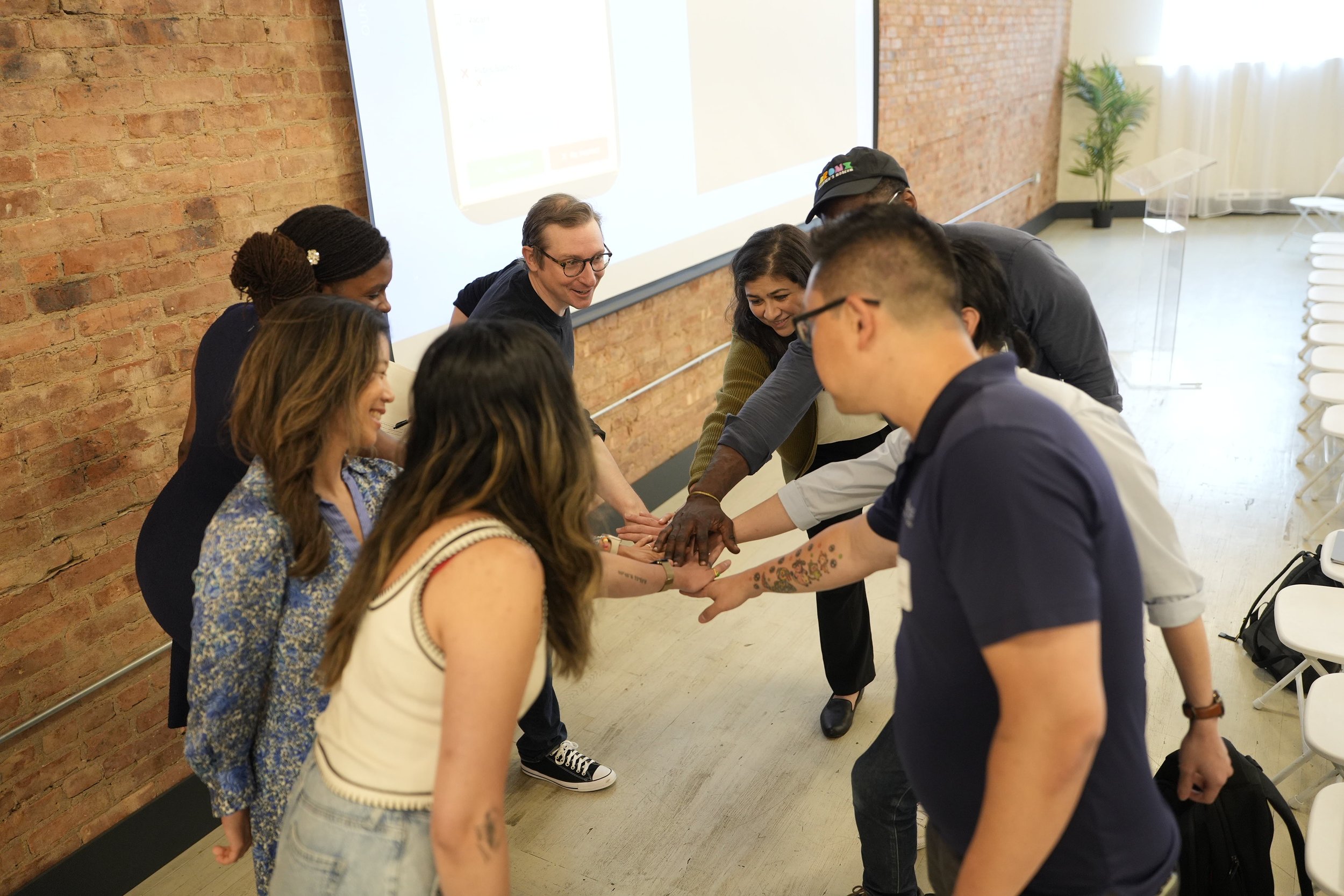
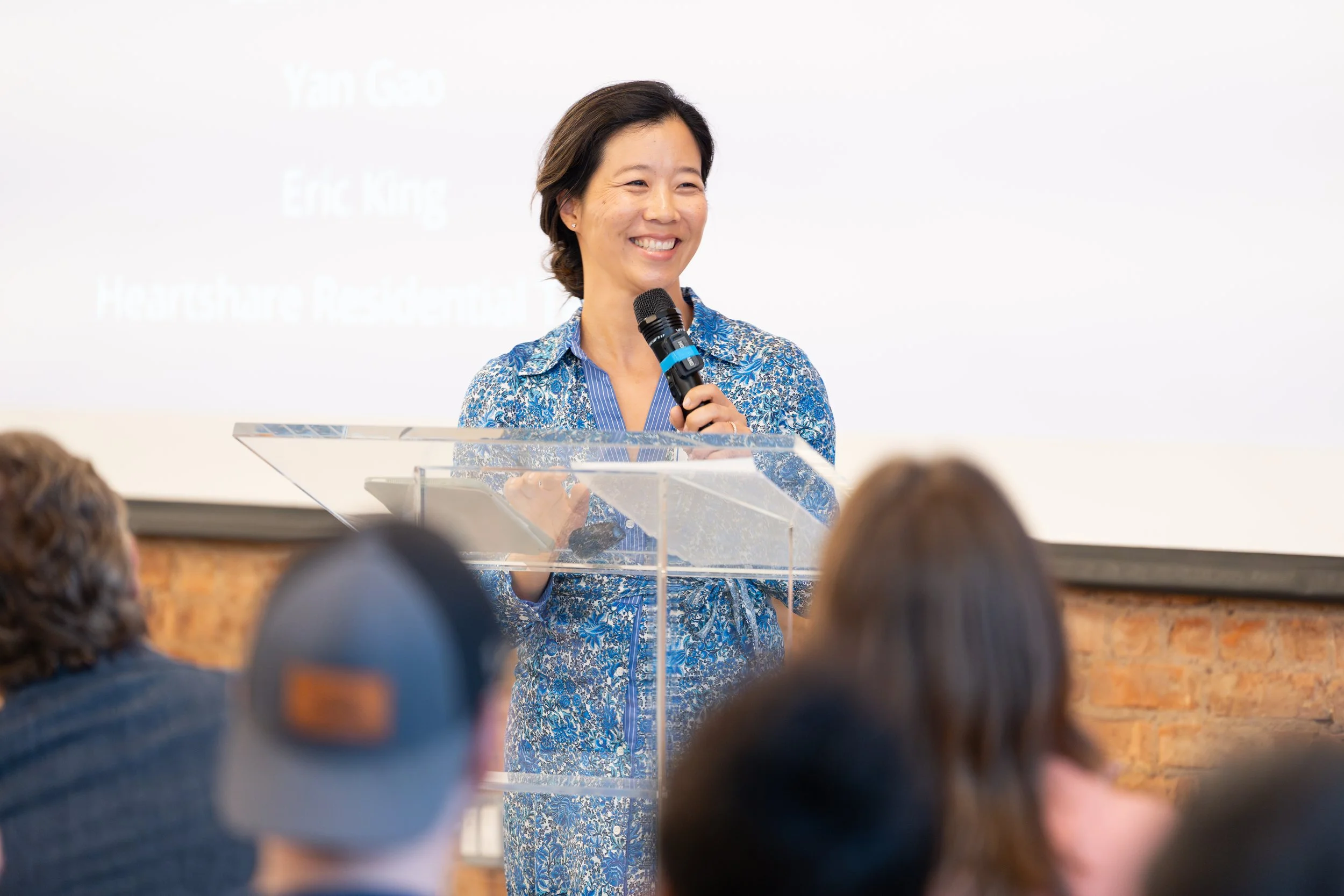
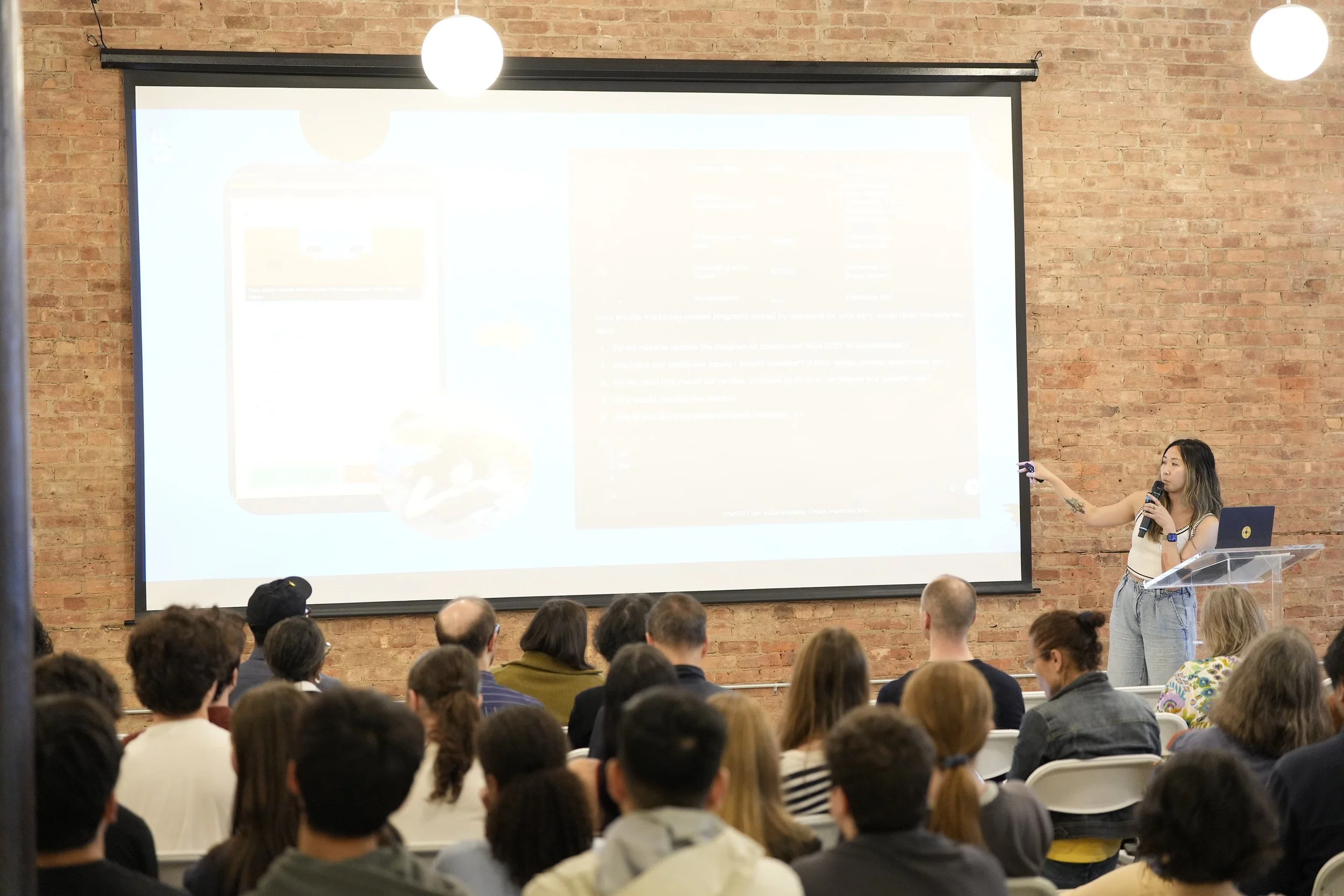
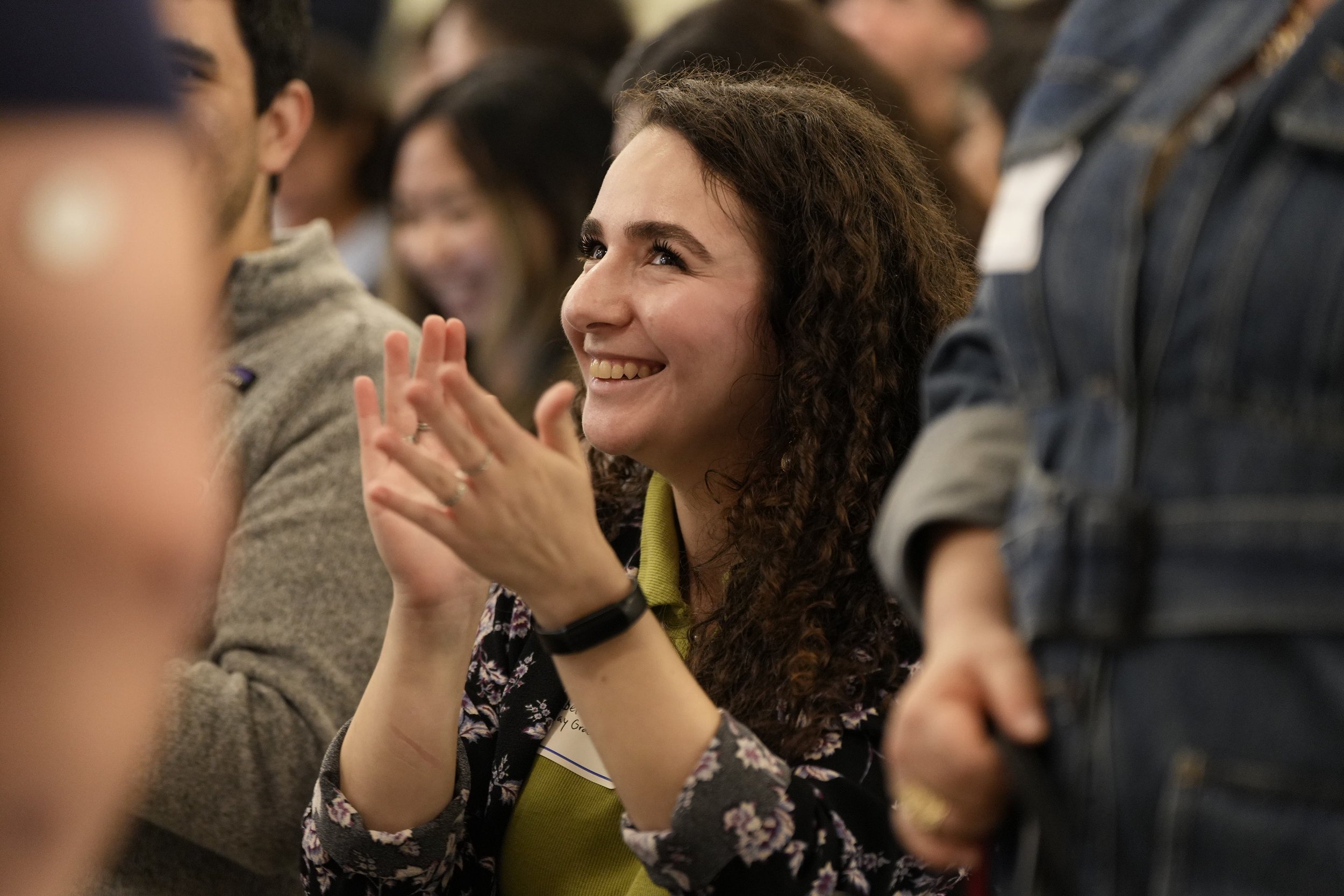
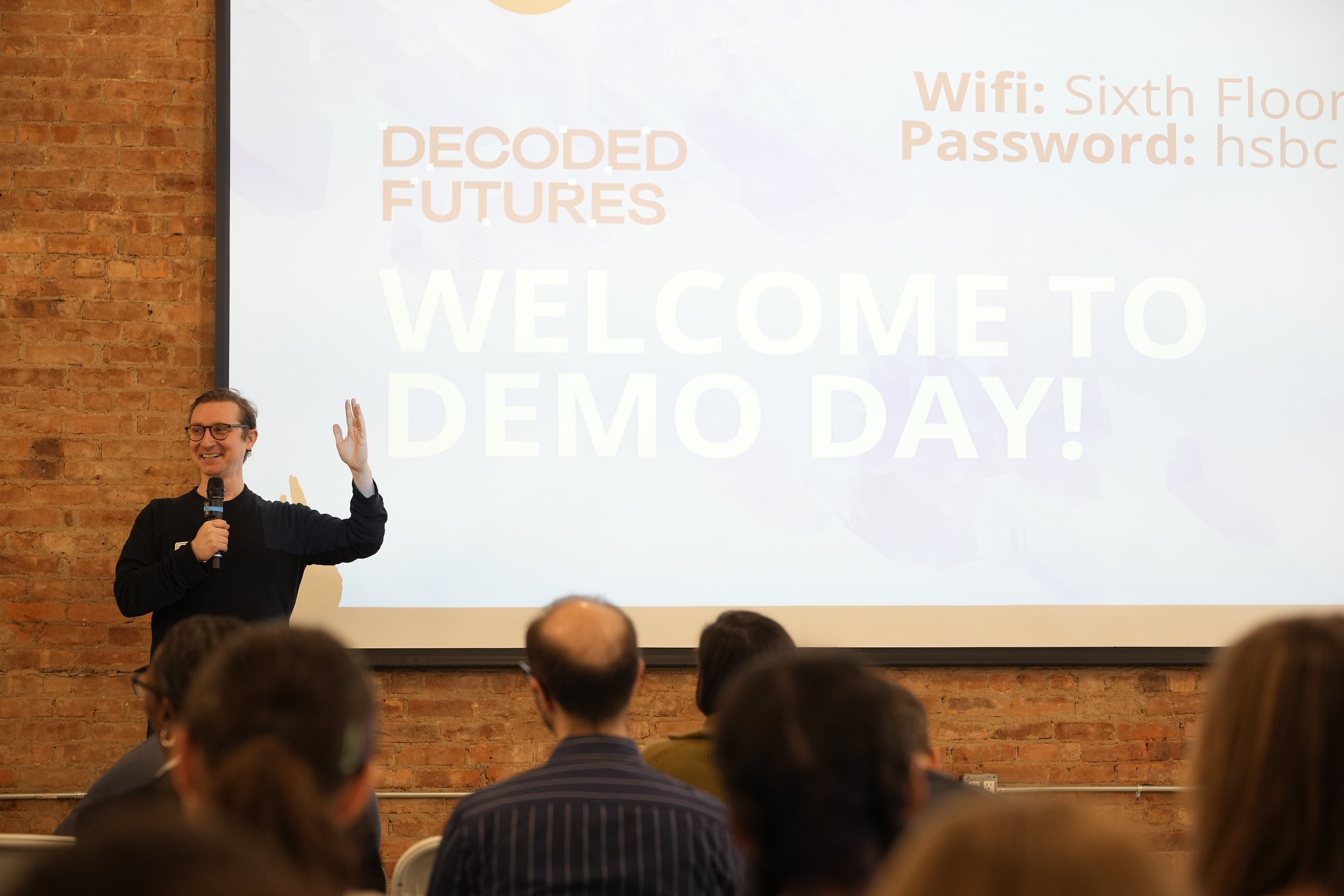
Relay’s Certification Made Simple
Relay Graduate School of Education serves thousands of educators in 12 states. Their advisors spent a lot of time searching dense PDFs to answer questions about certifications and coursework. “I’m pretty sure my job is to just read PDFs all day,” joked Michael Woo, Director of Advising.
Now, a custom GPT built by the team pulls information instantly. “We tested it,” Michael said. “It gave the right answer. I double-checked the source doc just to be sure, and it was spot on.”
Woo encouraged others to take the leap. “You just have to jump in, get your feet wet, see how it works. Errors are opportunities for us.”
Bronx Children’s Museum’s Virtual Visitor Services
The Bronx Children’s Museum engages more than 150,000 kids and families a year. But too much staff time was going toward answering basic questions. “We offer classes, tours, programs, events, but visitors were calling to ask about hours, ticketing, or directions,” said Berka Ngong, Director of External Affairs.
Their answer was Pelham, the cutest multilingual turtle chatbot you’ve ever seen. Pelham now handles common questions and pulls from the museum’s website to give answers in multiple languages. “It frees up five to seven hours a week,” said Berka.
Staff are still working on refining Pelham’s tone and accuracy. “Balancing creativity and factual answers is a challenge,” Berka said, laughing about how kids will ask which dinosaurs are coming to visit. But the tool is already making their programming more accessible.
KindWork’s Readiness Engine
KindWork helps underemployed young adults in New York get non-technical jobs in the tech sector. Their team offers coaching and job placement, but it was hard to respond quickly when something went wrong.
“We collect a ton of data on each student, even before they enroll,” said Stephanie Tkach, Head of Career Services. “But it’s all across different platforms and formats, so we waste time digging for it when a student needs help.”
Through Decoded Futures, they built the KindWork Readiness Engine, a GPT-powered tool in Airtable that scans student data for early signs of trouble, like housing, financial, or scheduling issues, and recommends interventions that staff can take.
“We want to help before someone misses class or disappears,” Stephanie said. “Now we can see what they need early and respond with care.”
Now, if a fellow like Marcus starts missing class, the engine flags that he’s dealing with multiple barriers. If a student like Janelle might need a desk to participate fully, that insight is visible right away. “These used to be hidden in notes,” Stephanie said. “Now they’re insights.”
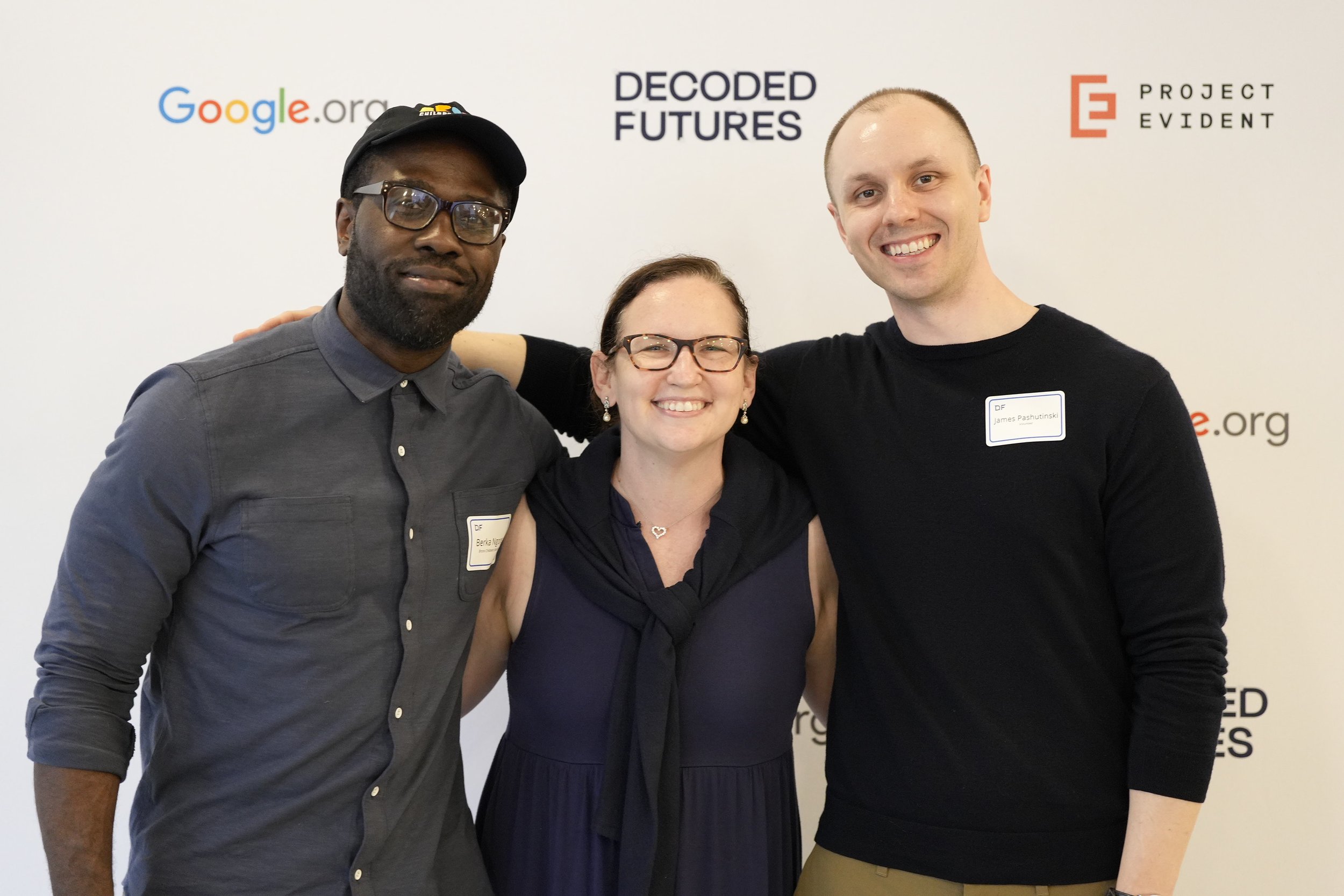
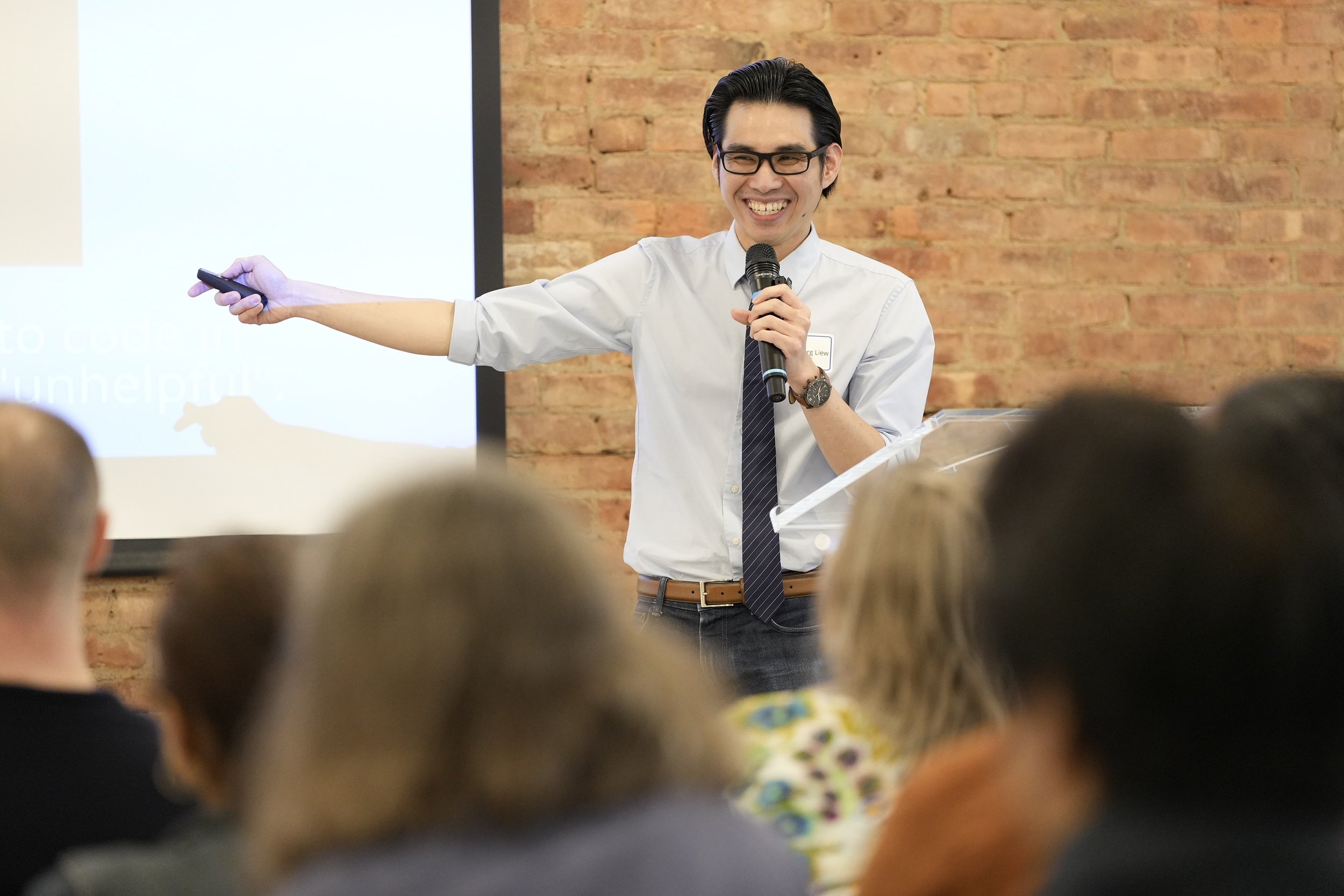
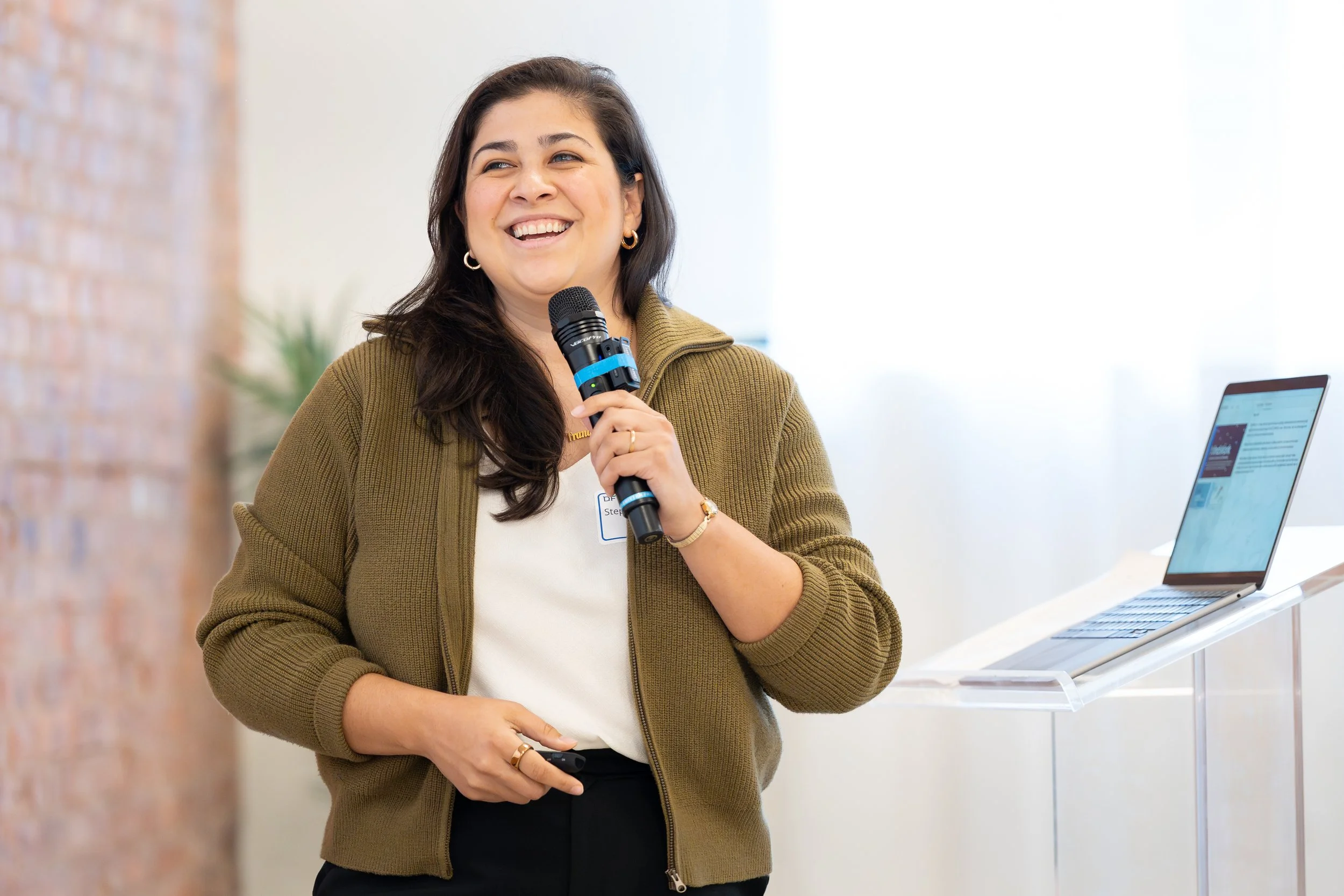
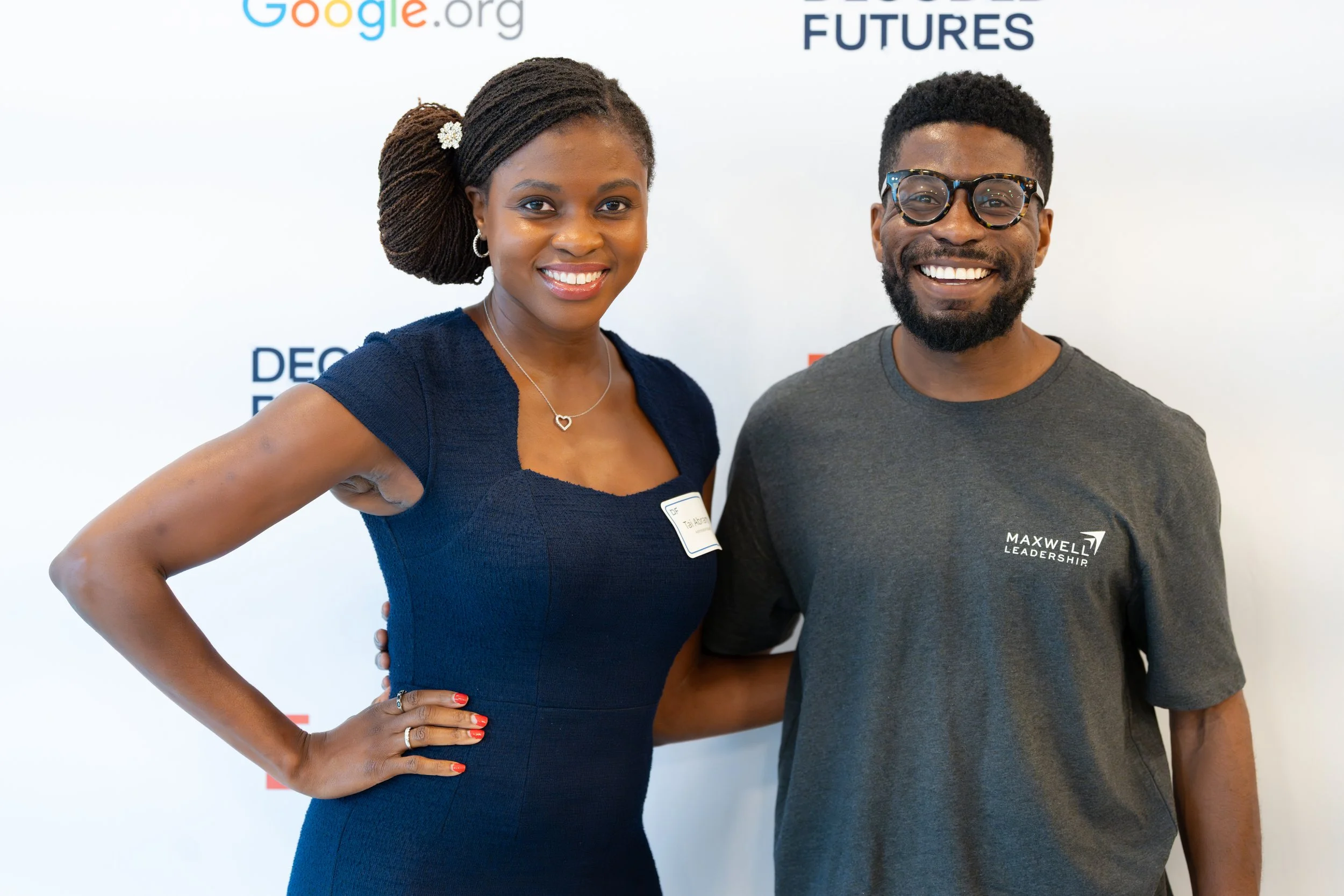
AdmissionSquad’s Personalized Prep for NYC’s Hardest Test
AdmissionSquad helps middle schoolers prep for New York City’s specialized high school entrance exam. Their goal is to personalize learning for each student, but their staff was spending too much time analyzing diagnostics by hand. “We’re trying to figure out, do we clone Mr. Paul, or do we build something that helps us do what he does?” said Tai Abrams, Founder of AdmissionSquad.
They landed on building two custom GPTs. The first analyzes test results and flags the top three skills a student should focus on in math and English, complete with sample problems, while the second generates 15 practice questions by difficulty, based on any single test question.
“We used to come up with one worksheet for the whole group,” Tai said. “Now each student can get what they actually need. We’re scaling personalized support without sacrificing quality or burning out our staff.”
All Star Code’s Helpfully Unhelpful AI
All Star Code’s mission is to empower the next generation of tech innovators through computer science education. They saw that AI tutors had potential to be really useful, but only if they could be less helpful to students. “Most tools just spit out the answer, which cuts students out of the learning process,” said Khye Borg Liew, Director of Teaching and Learning.
What the team needed was an AI tutor able to guide students through a problem just like a real teaching assistant would, not solve the problem for them. Enter TA Dante, a custom GPT chatbot modeled off of real-life Dante, “a colleague and scholar of ours who is the heart and soul of All Star Code,” said Khye. TA Dante responds to student questions with steps, hints, and nudges, but will never just give students the answer (even if you yell at it in Caps Lock).
“We’re modeling what good teaching looks like,” Khye said. “It’s not about shortcuts. It’s about learning how to think.”
What’s Next?
This cohort was made possible by generous support from Google.org, which funded stipends for every participating nonprofit, and has committed an additional $1 million in follow-on funding for cohort members to keep building and refining their tools.
And on July 17, Decoded Futures and OpenAI will host Nonprofit Jam, a nationwide, one-day sprint to help 1,000 more nonprofits take their first steps with AI.
“This work isn’t magic,” said Jake Porway, our entrepreneur-in-residence. “It’s care, time, and the belief that nonprofits deserve modern tools just as much as any other sector.”
We’re so proud of all our cohort members and only beginning to share their stories.
Subscribe to our Substack at decodedfutures.substack.com and keep an eye out for interviews, case studies, and updates in the months ahead.
Photos credit: Rafael Infante


